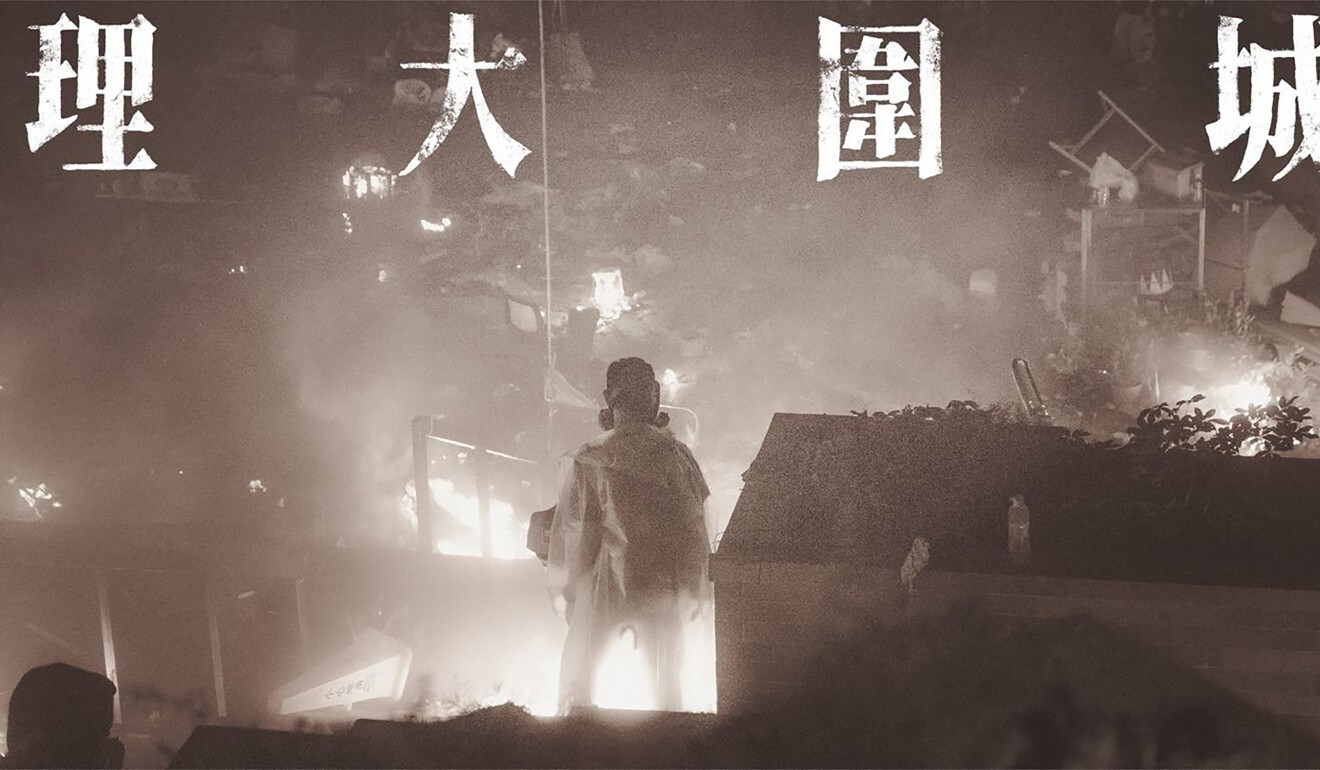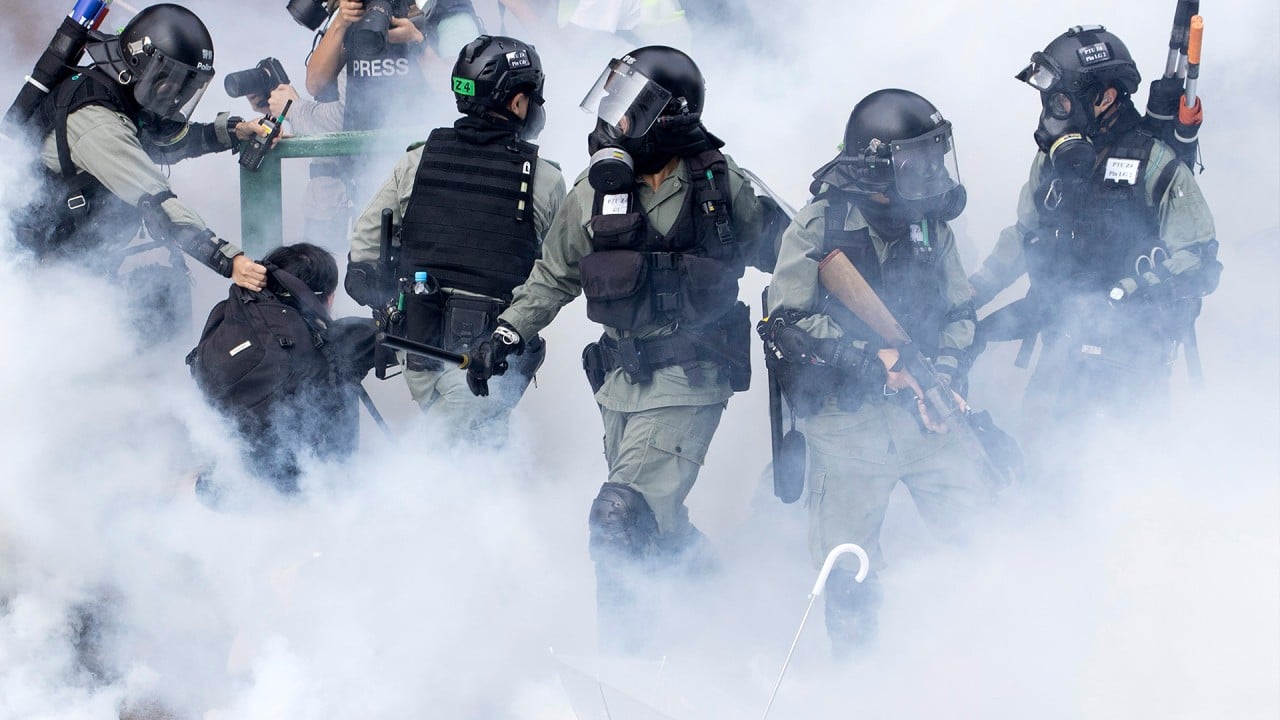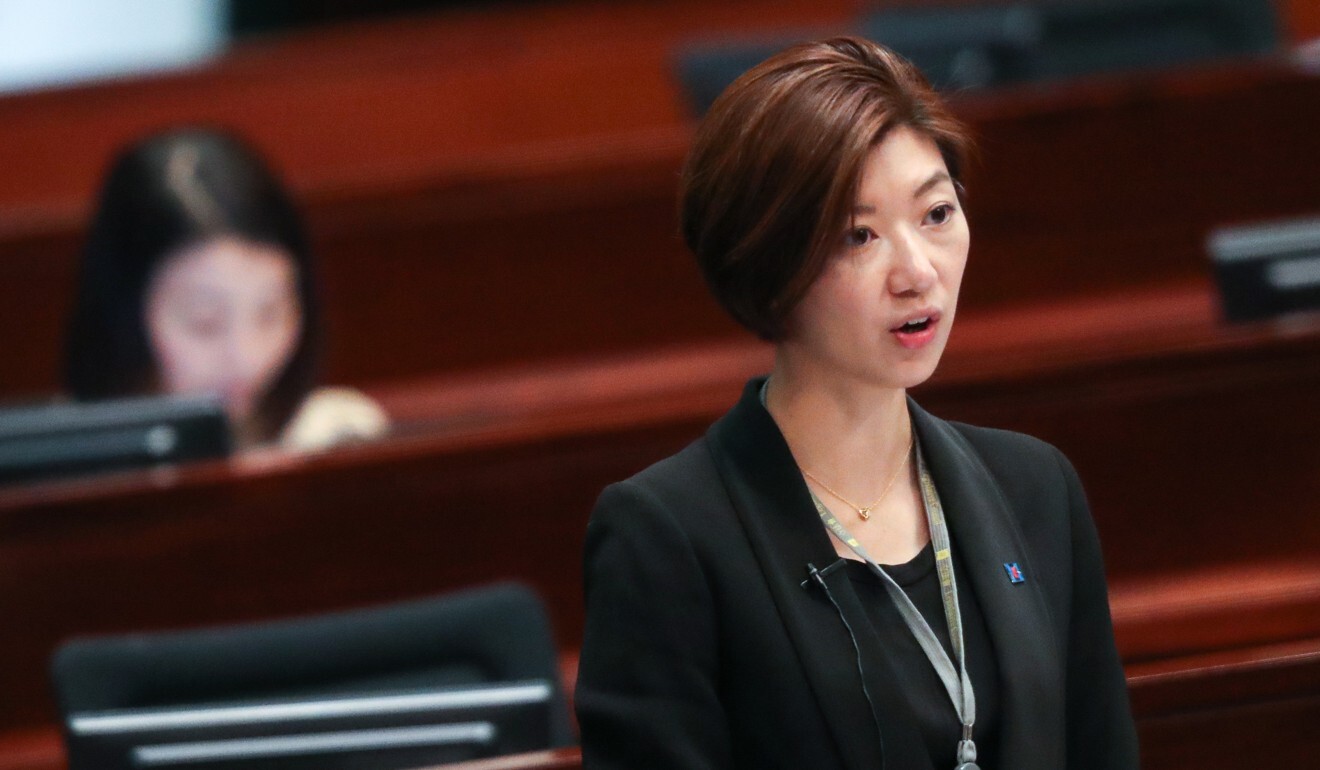
Hong Kong arts body under threat as pro-Beijing forces step up national security law campaign
- Arts Development Council forced into saying it might suspend grants to some artists
- Lawmakers demand authorities vet exhibits at city’s signature museum to weed out ‘anti-government’ works
Pro-Beijing forces have stepped up pressure on the arts funding body and the flagship museum in Hong Kong for allegedly sponsoring or displaying “anti-government” works, in a move critics fear could dampen artistic freedoms.
Lawmaker Elizabeth Quat, of the Beijing-friendly Democratic Alliance for the Betterment and Progress of Hong Kong, also weighed in on Thursday, urging the home affairs minister to evaluate the structure and grant system of the Arts Development Council.

State-owned Ta Kung Pao ran a front-page report on Wednesday accusing the council of being led by “anti-government figures” who had granted about HK$15 million to filmmakers sympathetic to the protest movement over the past three years.
Among them was Ying E Chi Cinema, the distributor for the documentary Inside the Red Brick Wall, which chronicles the 13-day stand-off between police and anti-government protesters holed up at Polytechnic University. The newspaper alleged the film violates the security law.
Breaking its silence on Wednesday night, the Arts Development Council acknowledged the “recent media and community concerns” about its grant system and emphasised that all recipients were required to agree to various conditions – such as fully complying with the law – for the funding period.
“If the grantee violates the terms and conditions of the agreement in any way, like advocating independence of Hong Kong and overthrowing the government, as deemed offending under the current laws of Hong Kong, [the council] may exercise its rights to postpone, adjust or suspend grant disbursement for the grant year,” the statement read.
Vow to protect freedom of expression in Hong Kong as attacks on new museum mount
In rating the documentary adults only last year, the film classification authority demanded the addition of a warning stating some of the depicted acts “might constitute criminal offences”.
Pro-Beijing newspapers have run a series of articles this week accusing the film of glorifying violence and alleging the production crew was associated with anti-government protesters, while also questioning the regulatory body’s decision to allow the screenings.
Soon after the council made the announcement, Ying E Chi Cinema revealed that both the Hong Kong Arts Centre and the Jockey Club Creative Arts Centre had cancelled the distributor’s booking of venues, and it had no choice but to refund tickets.
“As the [council] said it would cancel funding to organisations that are ruled to have called for Hong Kong independence or overturning the government, Ying E Chi will only actively organise activities that do not violate the national security law before receiving responses from the council,” it said in a Facebook post.

07:30
China’s Rebel City: The Hong Kong Protests
Ying E Chi Cinema artistic director Vincent Tsui Wan-shun said he could not see how the documentary violated the security law and slammed the pro-Beijing media for threatening them.
“No authorities have ever said or decided that the documentary is illegal,” he said. “The government should publicly criticise these editorials, which are intimidating the cultural sector.
“No one has informed us – until now – what we have done that might have infringed upon the national security law. Our movie was shown for over a year but the country is still intact. How can a documentary be seen as endangering national security?”
Ying E Chi Cinema would continue to search for suitable venues for screening despite the recent setback.
According to council board member Lee Chun-leung, the statement was intended to reinstate some of the organisation’s objectives without pointing to any specific artist. He added council members came from a cross section of society, while the funding process was scrutinised in such a way that no single individual could control the outcome.
Poop sculptures and dog treat models: meet Chinese artist-provocateur Liu Wei
Lee agreed the council would probably come under significant pressure soon, as many art and cultural groups were concerned whether some of their works would be found to violate the law.
“We will stay independent and follow established guidelines,” he said.
Hong Kong leader Carrie Lam vows to protect freedom of expression
Tenky Tin Kai-man, chairman of the Federation of Hong Kong Filmmakers, said that as long as the government did not suggest the documentary had violated any laws, screenings should be allowed.
“Hong Kong is a law-abiding city, and as long as the law-enforcement bodies do not suggest it has infringed upon the law, I cannot not see a problem,” he said. “But I think the government and authorities should explain clearly the criteria and restrictions to avoid causing fear among stakeholders.”

Lawmaker Yung stepped up her attack on the M+ museum on Thursday, pointing the finger at an artwork by Ai Weiwei – a photograph titled Study in Perspective: Tian’anmen (1997), which features a middle finger rising up against the backdrop of the Gate of Heavenly Peace in Beijing.
“Such behaviour is very low-class and disrespectful to China,” she said. “And since the work was donated by Swiss businessman [Uli Sigg], I wonder if someone is trying to incite hatred to the central government through funding or sponsorship.”
Study in Perspective is a photographic series produced by Ai between 1995 and 2017. The works show his left arm extended forward with the middle finger raised to significant institutions, landmarks and monuments from around the world, including the White House in Washington, the Eiffel Tower in Paris and The Reichstag in Berlin.
Council board member Chris Chan Kam-shing said Yung might be “less knowledgeable” about art and culture, and she had failed to fully understand the meaning of Ai’s works.

